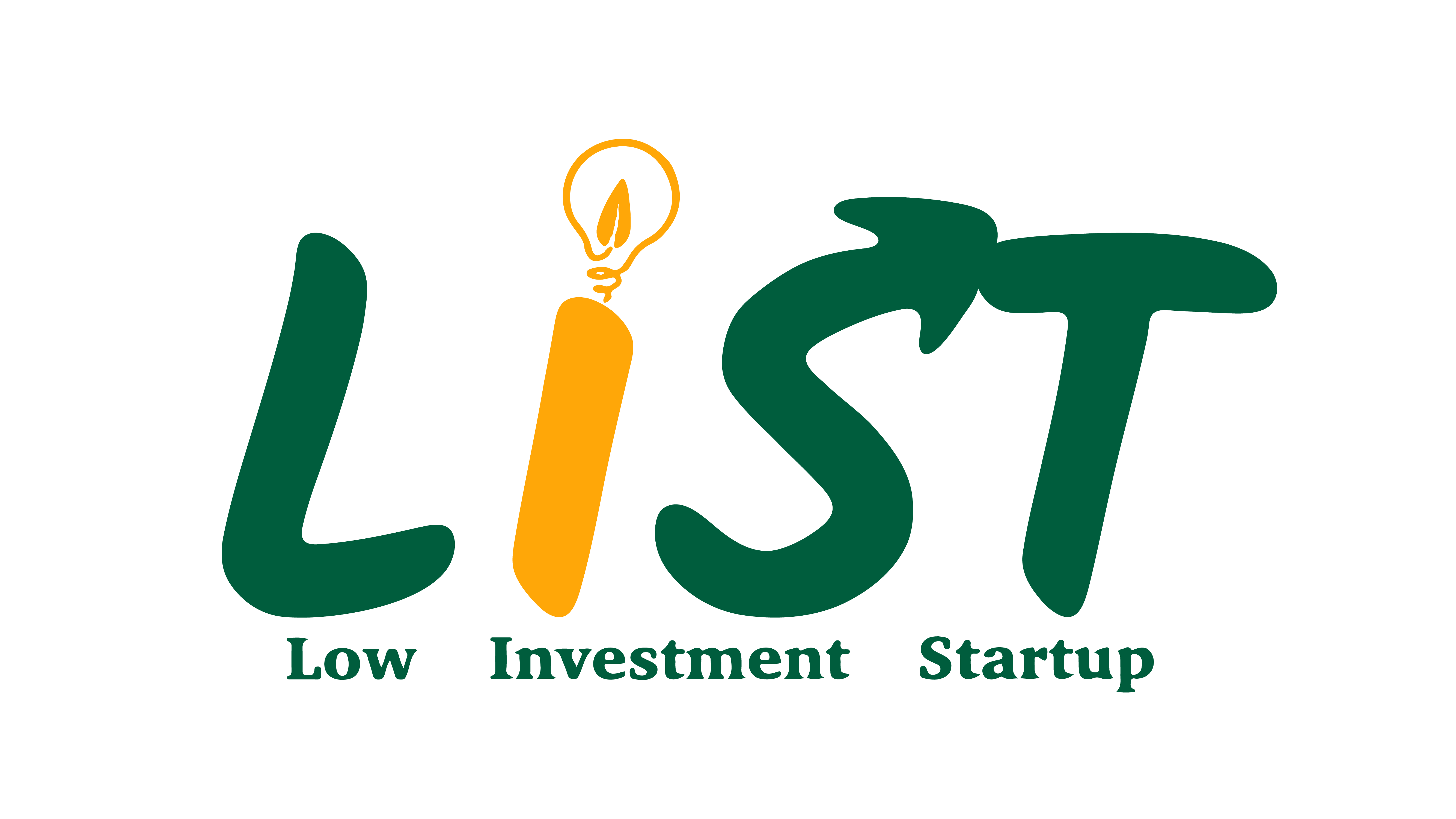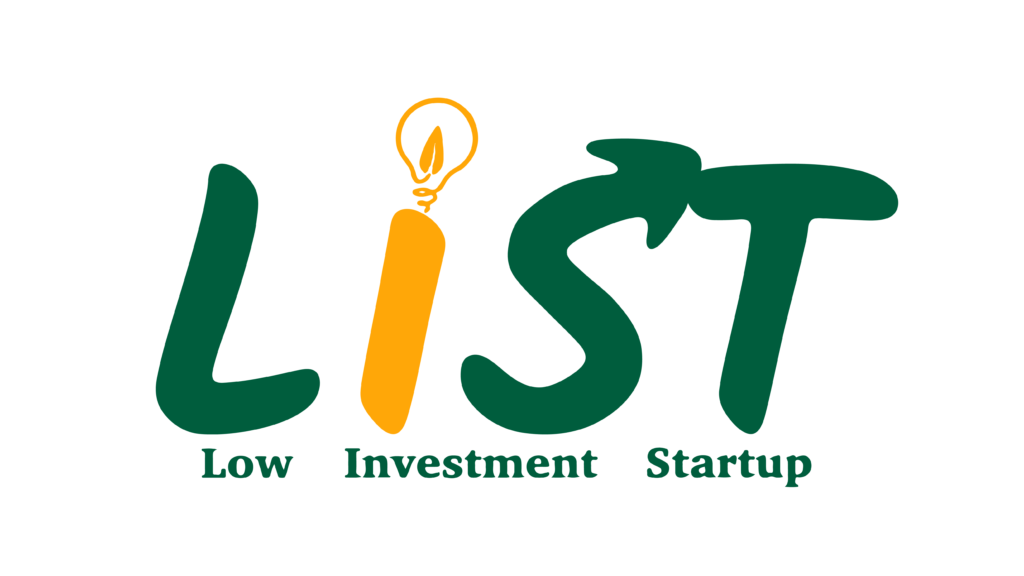Building a Sustainable and Ethical Business Model
In today’s rapidly evolving business landscape, sustainability and ethics are no longer optional—they are essential. A sustainable and ethical business model not only benefits the environment and society but also enhances a company’s reputation and long-term success. In this blog, we will explore the key components of building such a model, backed by a real-world case study, and provide actionable insights for entrepreneurs.
Key Components of a Sustainable and Ethical Business Model
- Environmental Responsibility: Implementing eco-friendly practices, such as reducing waste, conserving energy, and using sustainable materials, is crucial for minimizing a company’s environmental footprint
- Social Responsibility: Ensuring fair labor practices, promoting diversity and inclusion, and contributing to the community are essential for fostering a positive social impact
- Economic Viability: A sustainable business model must be financially viable, balancing profitability with ethical practices
- Transparency and Accountability: Being transparent about business practices and holding oneself accountable to stakeholders builds trust and credibility
- Innovation and Adaptability: Continuously innovating and adapting to changing market conditions and consumer demands is key to staying relevant and competitive
Case Study: IKEA’s Circular Product Design
IKEA, the Swedish home furnishings giant, is a prime example of a company that has successfully integrated sustainability into its business model. IKEA’s IWAY code of conduct ensures that suppliers meet stringent environmental and social standards. The company has also embraced circular product design, aiming to use only renewable or recycled materials by 2030. For instance, IKEA redesigned its popular Kallax shelf unit to be easily disassembled and repurposed, reducing waste and extending product lifecycles. This approach has not only reduced costs but also minimized IKEA’s environmental impact
Actionable Insights for Entrepreneurs
- Start with a Clear Vision: Define your sustainability and ethical goals from the outset and integrate them into your business strategy.
- Engage Stakeholders: Involve employees, customers, and suppliers in your sustainability efforts to create a collaborative and supportive environment
- Measure and Report: Regularly measure your progress and report it transparently to build trust and accountability.
- Invest in Innovation: Allocate resources to research and development to find innovative solutions that align with your sustainability goals
- Seek Partnerships: Collaborate with other organizations, NGOs, and government bodies to amplify your impact and share best practices.
Building a sustainable and ethical business model is a continuous journey that requires dedication, innovation, and a commitment to making a positive impact. By integrating these practices, businesses can not only contribute to a better world but also ensure their long-term success and profitability.
To learn more about Low-Investment, High-Impact Startup Assistance, visit Listartup’s website at https://listartup.com/.





Your point of view caught my eye and was very interesting. Thanks. I have a question for you.
We’d love to clear up any doubts you have, feel free to share them!
Your point of view caught my eye and was very interesting. Thanks. I have a question for you.
Thanks for sharing. I read many of your blog posts, cool, your blog is very good.
Can you be more specific about the content of your article? After reading it, I still have some doubts. Hope you can help me.
Thank you for your sharing. I am worried that I lack creative ideas. It is your article that makes me full of hope. Thank you. But, I have a question, can you help me?
Thank you for your sharing. I am worried that I lack creative ideas. It is your article that makes me full of hope. Thank you. But, I have a question, can you help me?